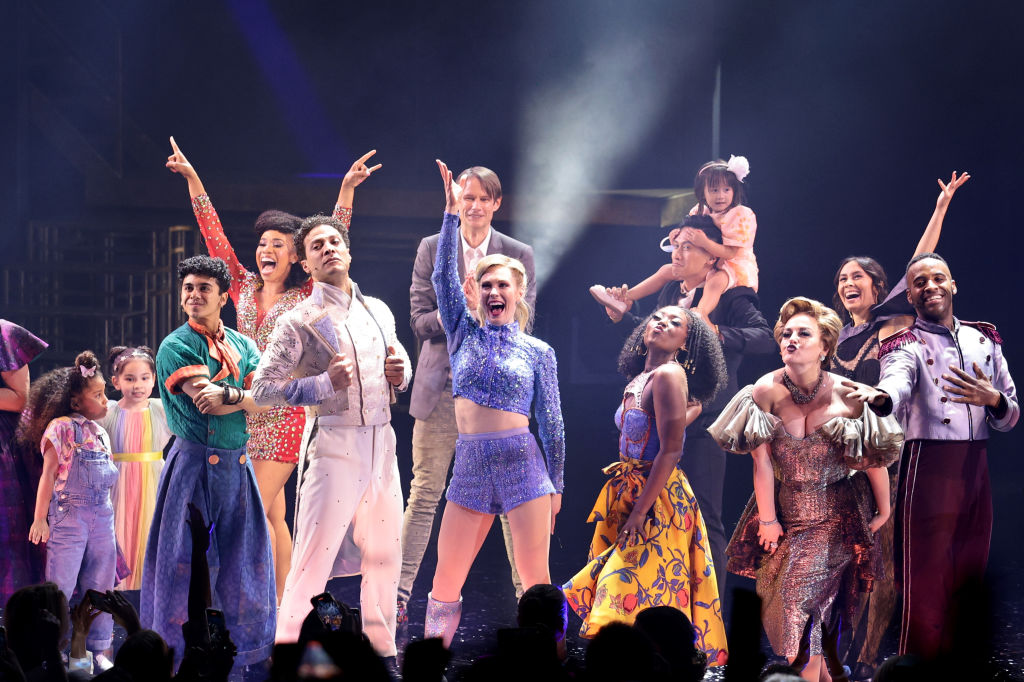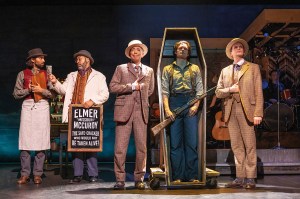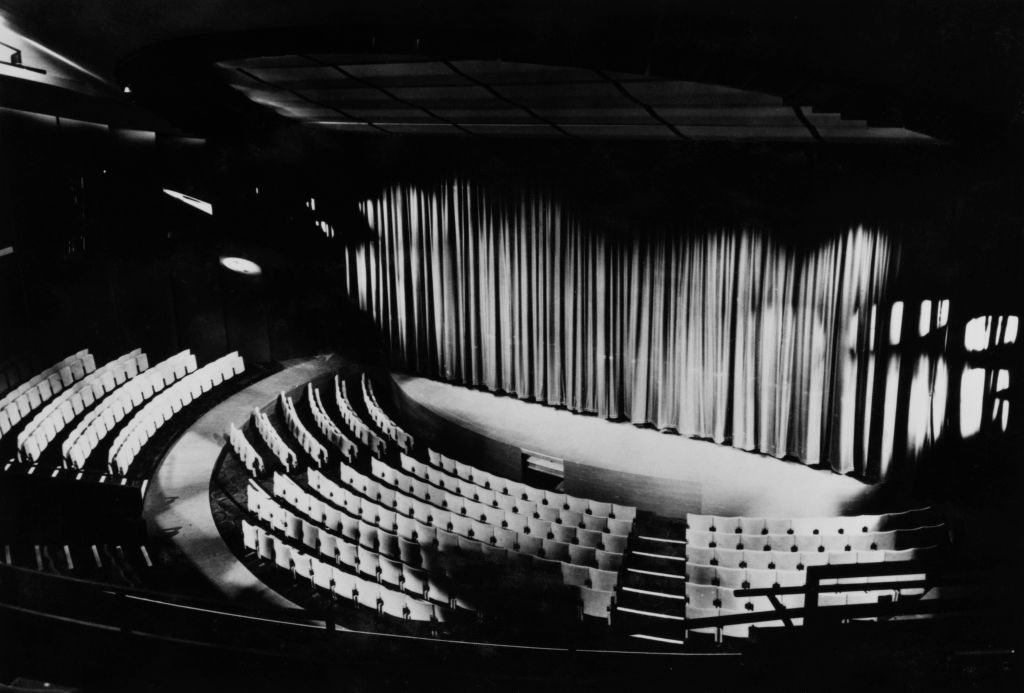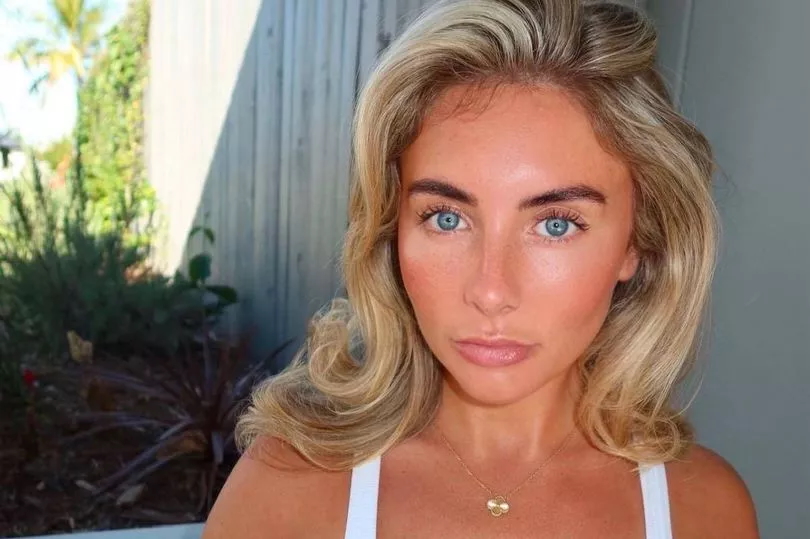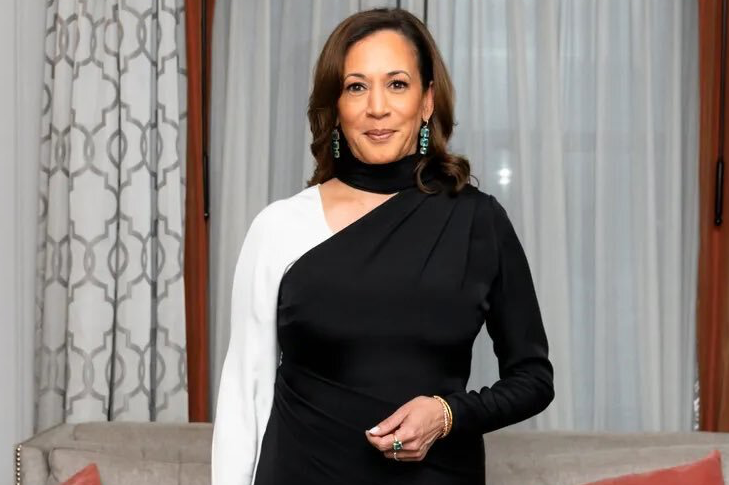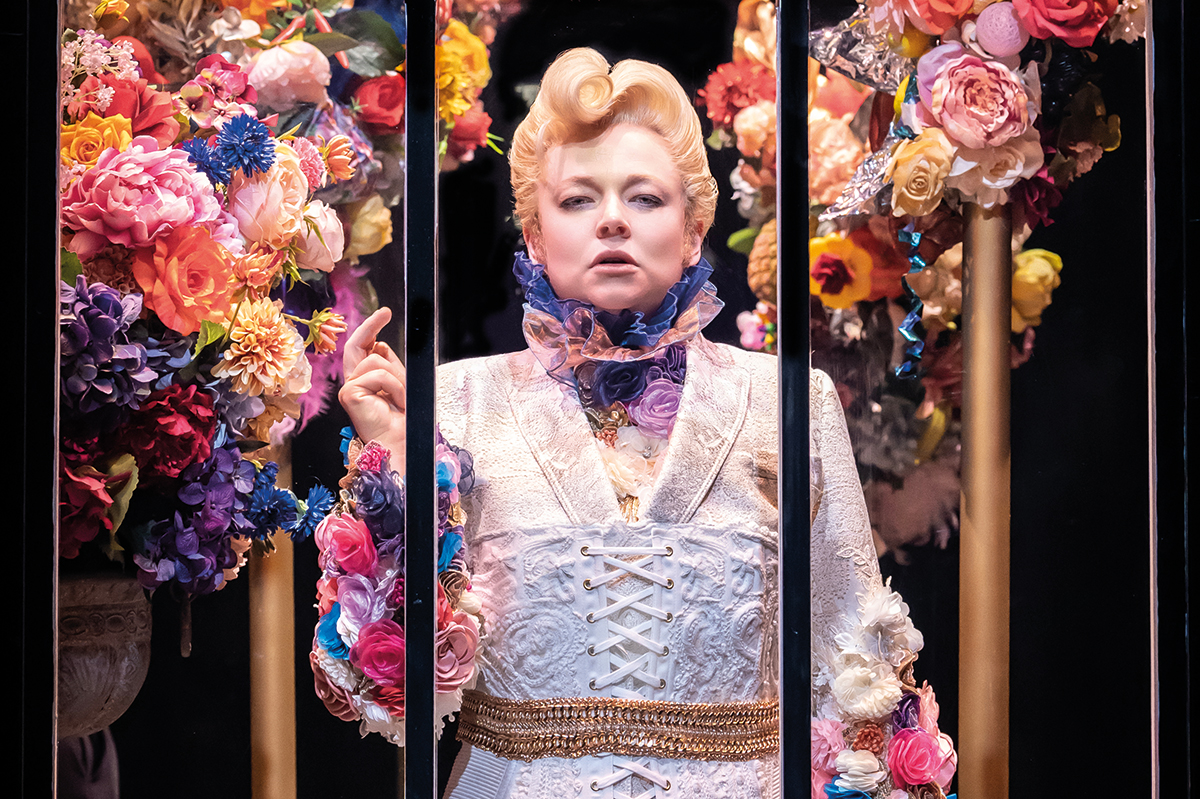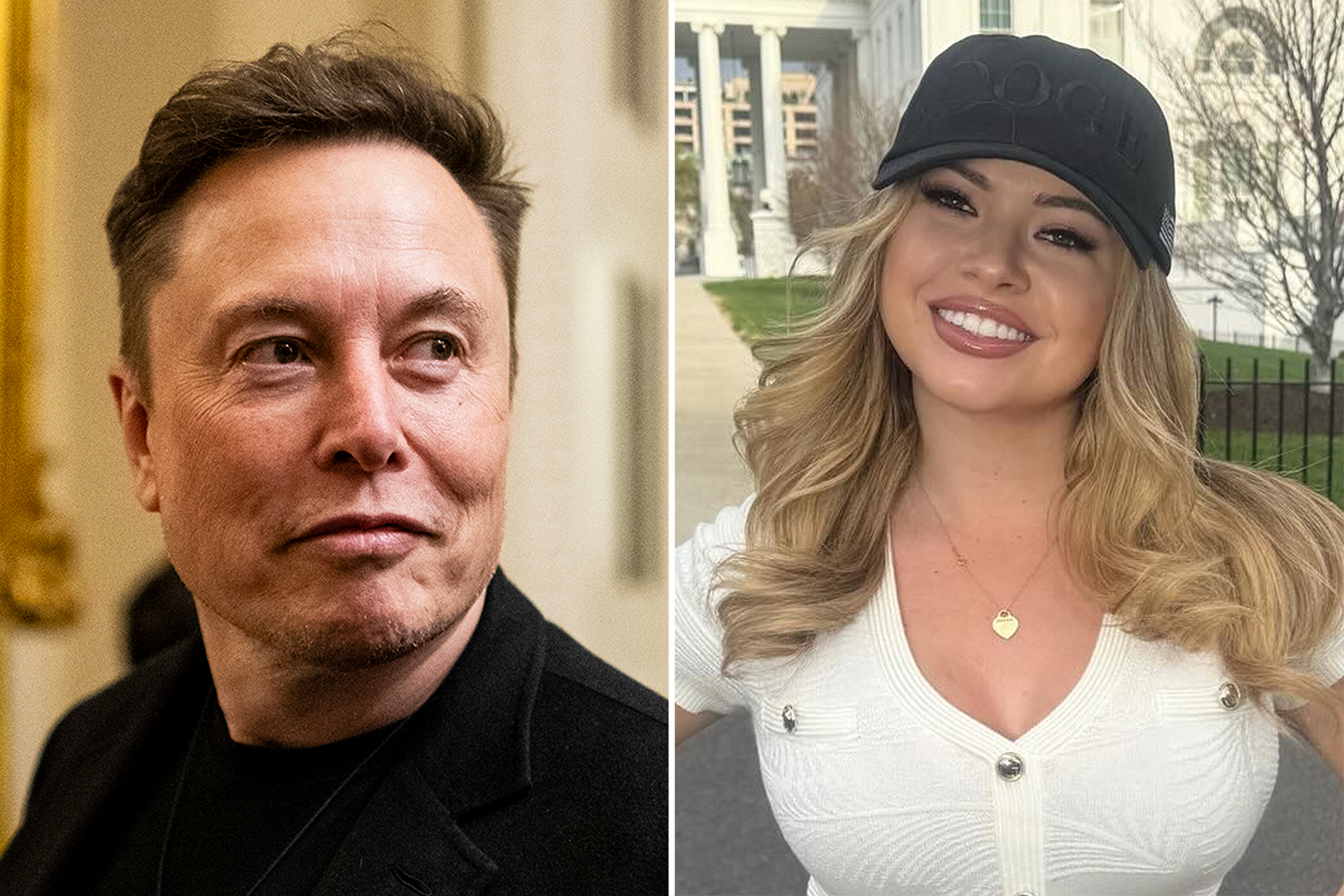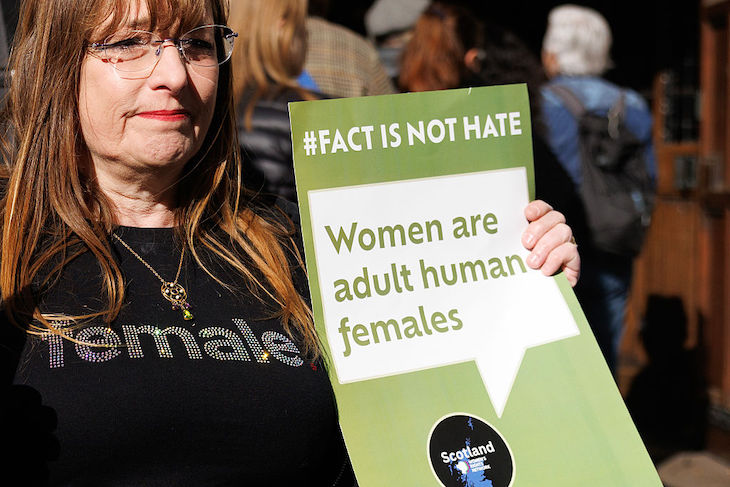Britney Spears has always been mired in narrative, created by her managers, fans and the media as much as by herself. She has been, at different times, a virgin pop princess; a mega-stadium pop queen; a “cheating” girlfriend (on Justin Timberlake, no less — a falsehood drummed up by the tabloids); a girl gone off the rails; a mother; a “bad” mother suffering a mental health crisis.
More recently, as interest in Spears has grown following her emergence from a thirteen-year legal conservatorship, the story is simpler: she was lost and now she is found. A victim and a hero.
This summer another label got added to the list: feminist cultural icon with a legacy to protect. Once Upon a One More Time, based on a book by Jon Hartmere and directed by married hip-hop dance duo Keone and Mari Madrid, premiered on Broadway in June. Authorized by Spears herself, the show revamps the tale of Cinderella, weaving in Britney’s own repertoire of songs, from “Baby One More Time” to “Toxic.”
And while “Britney” never appears as a character, the knowledge that Once Upon a One More Time was developed post-conservatorship — as the pop star fought, and won, emancipation from her father in the courts — is never far from the action. In the show, as in real life, a sweet innocent (in this case Cinderella) is under the thumb of a dominating, older father figure (the narrator). To find her happily-ever-after she must fight to write her own story.
Once Upon a One More Time starts winningly with a ritual that anyone who was once a child can relate to: bedtime reading. Each night, the narrator (British actor Adam Godley using his plummiest accent) directs a live-action replay of beloved fairy tales for a little girl, using a cast of beloved figures. In these fairy tales, the princesses are all beautiful and in need of rescue, the princes are all handsome and able to do the rescuing. Everything goes to script until one day, behind the scenes, Cinderella (Briga Heelan) starts to think out loud.
Facing yet another night at the ball, she asks: is this really it? Stirring her waking consciousness is the arrival of the OFG (the Original Fairy Godmother, played warmly by Brooke Dillman) who gives her a copy of Betty Friedan’s The Feminine Mystique. Cinderella finally has the tools to look beyond her own formula. She soon shares her radical ideas with her friends, including Snow White (Aisha Jackson), Sleeping Beauty (Ashley Chiu) and a silent Little Mermaid (Lauren Zakrin).
As the princesses shake off their shackles, they belt out Spears’s most get-up-and-at-em girl power songs: “Stronger,” “Scream & Shout.”
The result is a show that is wildly unsubtle even if can be bright and brassy. A rendition of “Oops!… I Did It Again” by the prince (American Idol’s Justin Guarini) is particularly juicy: it turns out he is cheating on Cinderella with the other princesses, but as he begs her to remember, it’s all part of his preordained narrative.
Yet despite its strong, gutsy cast, Once Upon a One More Time feels tired. The concept of rewriting a staple cultural figure with a feminist awakening is now predictable rather than revolutionary (think Broadway’s & Juliet and most recently the bloc buster movie Barbie). The direction doesn’t help: even while we are lectured on female empowerment, the show bends to common tropes. Not least, all the princesses are thin and beautiful (their physical perfection seemingly reflects their inner goodness) while Cinderella’s stupid and mean stepsisters are, as par for the course, chubby and unattractive.
Of course, we shouldn’t be surprised. It is big money now to roll out pat, prepackaged feminism and Once Upon a One More Time feels particularly cynical. Basing a show around Britney Spears draws on a ready-made fan base, even if most of her songs feel crowbarred in, rather than essential. Sure, it’s shiny and fun and even occasionally witty. But it’s also an unashamed moneymaking enterprise piggybacking off a famous pop star. Which is fine — if it weren’t for the all the pep talks.
Worse, there are no real stakes. Of course, this was going to be a feminist yarn. Of course, the princesses would free themselves. The worst thing that happens to them — temporarily, of course — is banishment to “Story’s End” and irrelevance. Which gets to the heart of our culture’s own most dominating narrative: to be irrelevant, we are told, is the worst fate of all.
Once Upon a One More Time keeps Britney firmly in the spotlight, even if its central message of instant happiness if women would only just band together to throw off their oppressors is laughably facile. Reality had to catch up with the show eventually, and it has: in late August, it was announced that it will close early, coming to an abrupt halt after just 123 performances.
It is perhaps no coincidence that yet another misfortune has fallen Britney herself: her husband, Sam Asghari, has filed for divorce. Away from seats that need to be filled, away from the #FreeBritney movement, Spears remains a complicated, near-tragic and ultimately unknowable figure. Far, far from a fairy tale.
This article was originally published in The Spectator’s October 2023 World edition.



